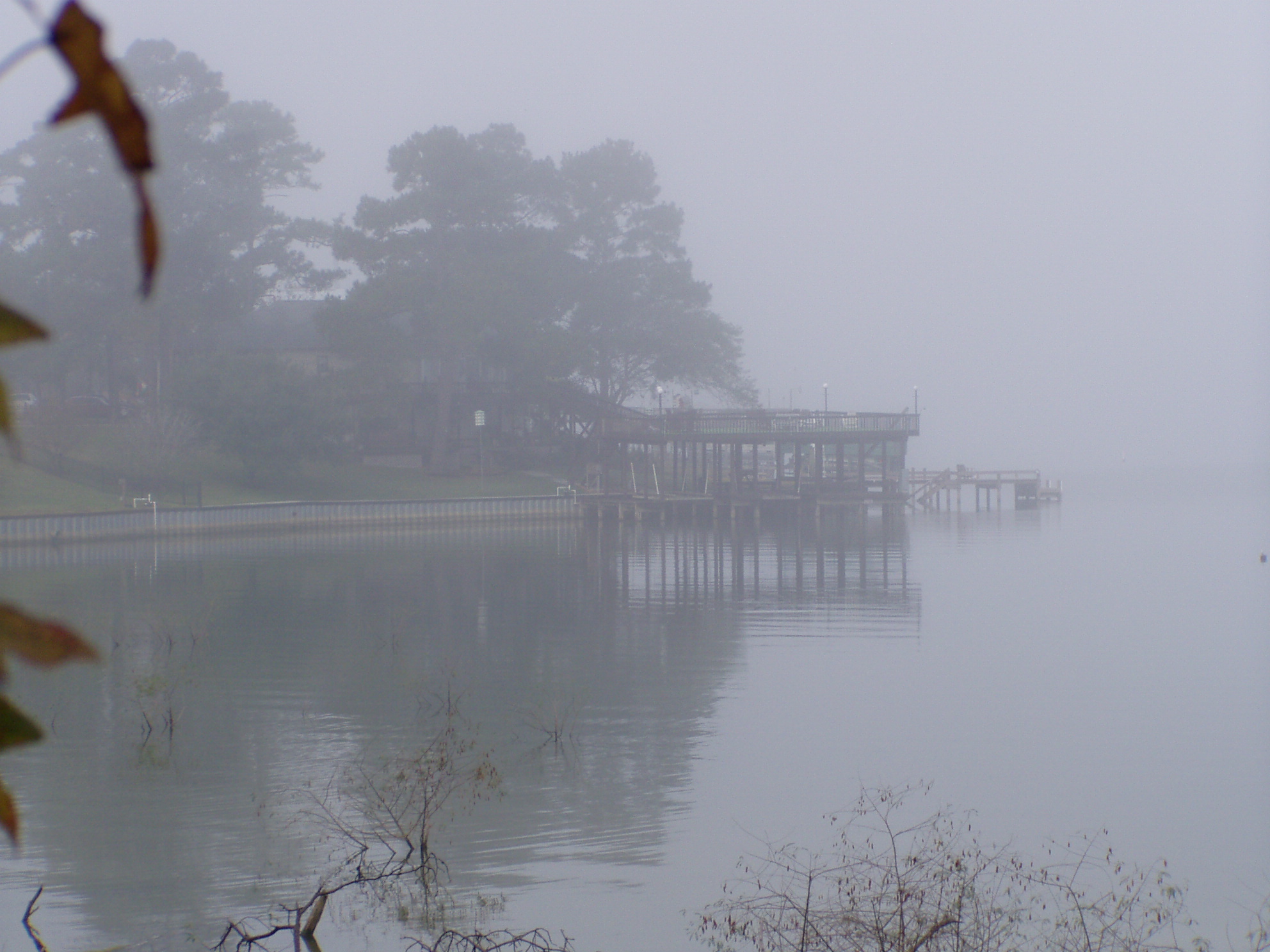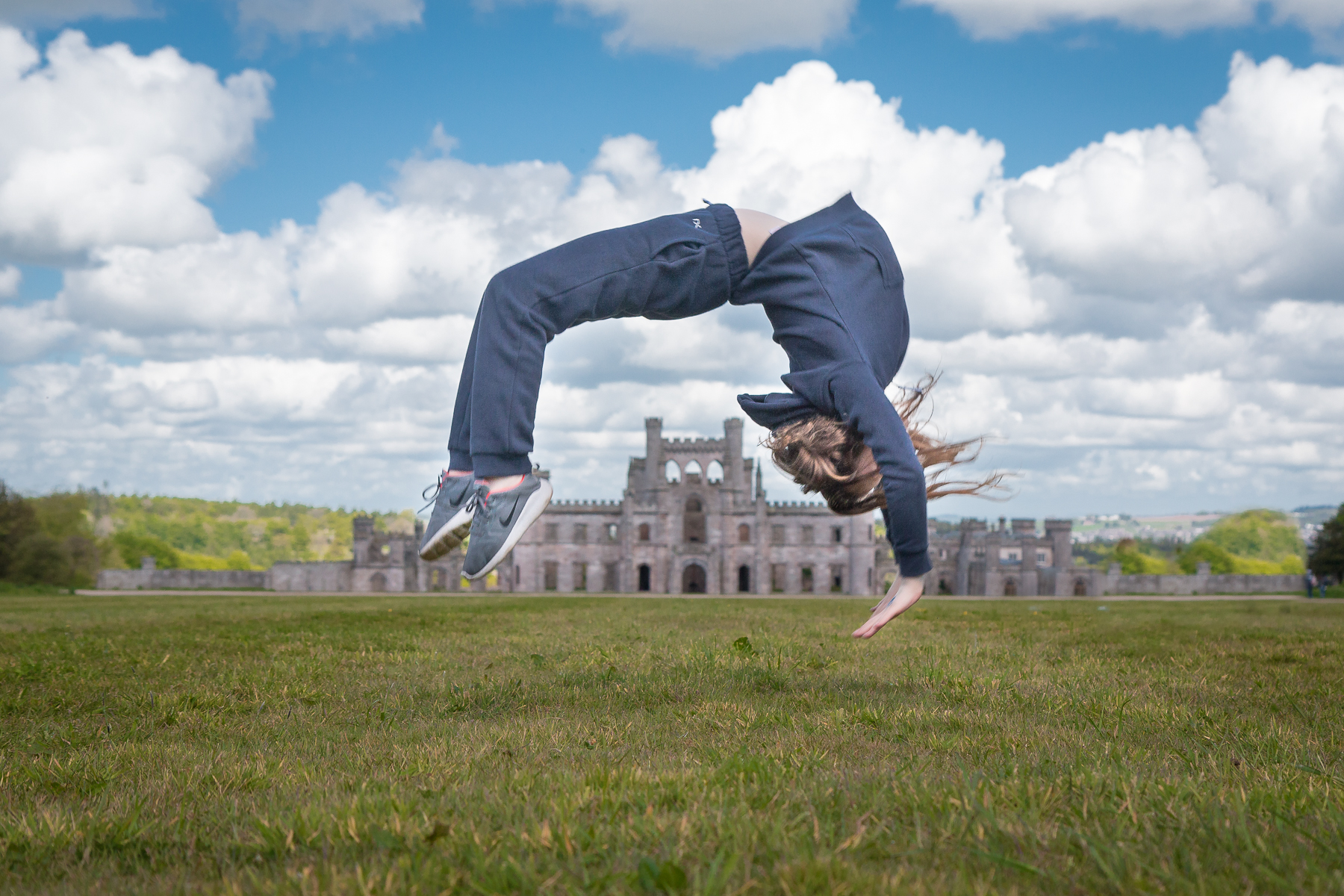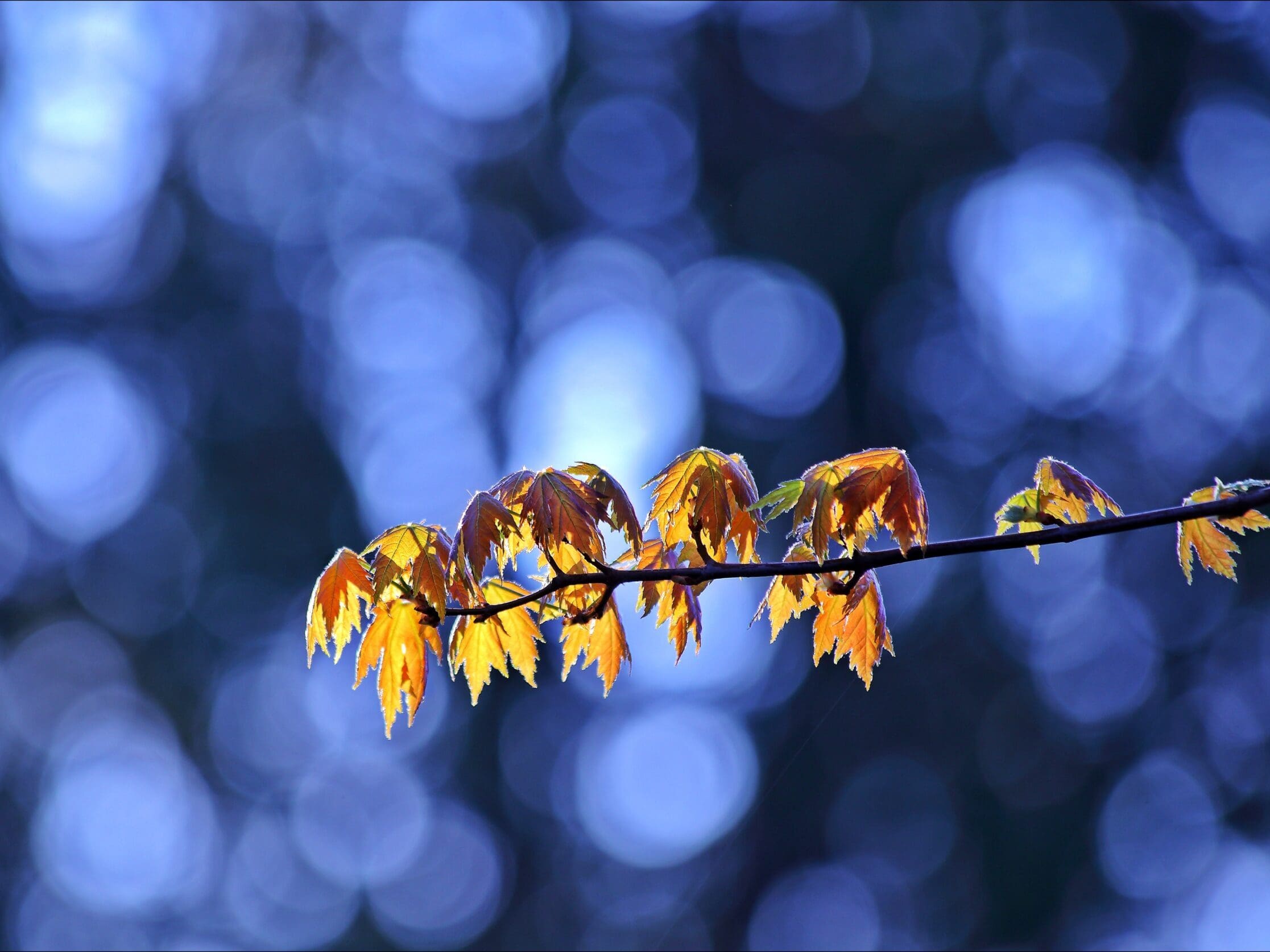Sometimes I come out here to think—I’m tempted to say “about death,” but that isn’t socially acceptable, and not quite true. Not even death’s cousin, but there is a resemblance. I’m not sure what.
It’s the water, you know. It has that way about it—even the ocean can be seen as a window or door of death, but this is not the sea. I’m not sure what it is. I’m almost tempted to say it is a simulation—but then so is this Earth on which we live and die. I’m sorry, I’m not being helpful.
The place, however, is. It makes me surmise I knew something—perhaps in a former life, or even in this one. Something I knew very young. I may even know it now. The challenge is to put it into words.
The water extends back, not perfectly still, or mirror-like, just flattish. Like a cover, or snail. Rolling slow. Winter-soft. Though is it not winter but early spring.
Probably it is the pier that does it—these mastiffs are so ancient, you know. Older than we can comprehend. But it does not matter because they are semi-permanent in this way. Like the sun, or the mountains. Some piers are almost a structure of the universe themselves. And maybe they are: often I suspect the door to other worlds is not up, but down
. . .
The color is part of it too, I know. Not too much blue, not too much gray. Though it is almost all blue and gray. Blue-gray, but not gunmetal. Not cobalt. More like stone, after a wash. Or a woman’s face, if her skin was like some Hindu goddess’, in early morning, after her ablutions . . .
The long line of the pier. Like the long line of your face. Like the long line of my failures: totally complete. Needing nothing else. Exquisite.
It summons some monster in me, I know. Just like the door itself is a monster, of the sea. Some calendar so ancient it cannot figure in years, or even millennia. A window that refracts the mind into its own alter-image, looking in, at yourself, and the water:
It is like the English coast, but even if it is in England, you would not recognize it. The color is all wrong. It looks more Dutch, but is not warm enough. I think it is American; it has that sense about it. Though it may be Argentinian, too. I don’t know—why should it matter? Why should the image and the unbelievably distinct feeling it folds me in under be so important to me? For Des Esseintes in A Rebours we could dismiss it as just another gentleman’s pleasure, but I am not French enough . . .
And not English enough to welcome the demon and say he is a cousin. It’s true, I am American, even though my country is long dead. Some habits die hard.
It is the kind of winter image you could swim in for hours, or days. Shivering. Where you might meet a woman spy, for a tryst which is neither sex nor spycraft, but something else…
Just a social call, you might say. If we could say that the end of the world is a social call. And I do think that’s what it is. One round of gods, as in Gotterdammerung, rises into the aether, and another ascends from the Earth, and we are relieved. The watch is changed. The motor oiled. It is like that. A galactic engine, in the form of a pier.
A terrifying thing, you know. Even an ordinary engine. My cats are terrified of my car’s; though they recognize the sound and can distinguish it from the neighbors. An order of existence removed from theirs but brushing up against it, in the form of a vehicle. Its pistons and gates set back against the day, to prepare for its ordinary transmutations, oil into fire, life to death to dream to . . . no, it isn’t right.
Stupid to think it could be like a car engine. It is closer to the wheels that drive an observatory. Or a piece of artillery. The huge wheels glistening into the firing position. That is right. That is what it is.
A battery. You should know that the word has a double meaning for good reason: in the history which has been erased from our books the guns were electric. But that is no matter, perhaps. Only a footnote here.
The cat can sense my journey here, though he is dreaming. He knows how far down these gates go. I won’t be long, boy.
The flywheels and gearteeth are slower now; you can sense it. Not because the mechanism is wearing down; no. It is reaching the end of one of its larger cycles. The tide that takes some amount of time immeasurable, has finally started to roll back.
Along the locked sea, I can almost see my face. As I might run into it, running from myself . . .
But that is all right. That is merely one of its many functions. To stand here guardian against all the nights which will ever exist. And, sometimes, to speak.
Robin Wyatt Dunn was born in Wyoming in 1979. You can read more of his work at www.robindunn.com.





One thought on ““Blueblack Pier” by Robin Wyatt Dunn”